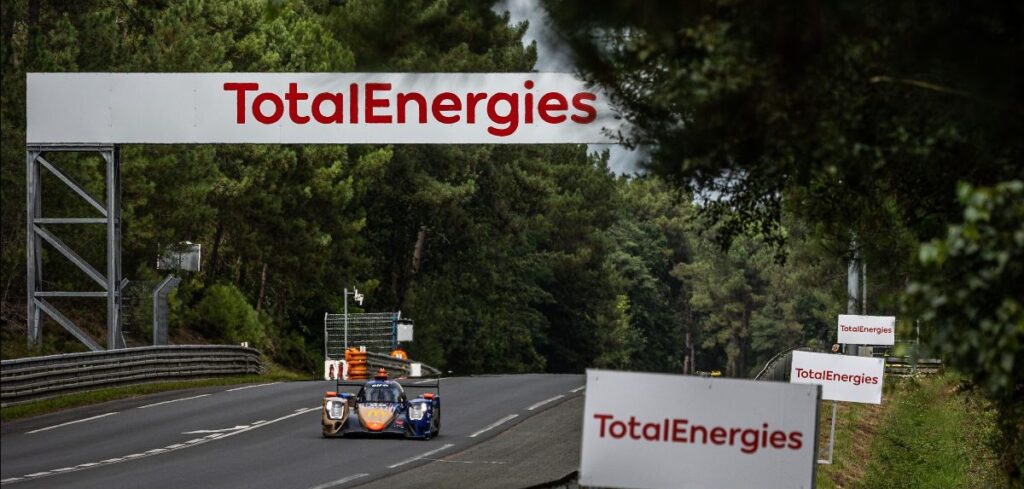The ACO and FIA have laid out their vision for the future of global sportscar racing, releasing a number of details at the annual Le Mans 24 Hours press conference.
The most notable announcement was confirmation that from 2024, the current GTE class will be replaced with one based on GT3 regulations. A complete rule set has yet to be finalized for the new class, but work is set to continue on its development through the second half of 2021, with the intent of having the rules finalized at the World Motor Sport Council (WMSC) meeting at the end of the year.
For the LMP2 class, the ACO confirmed that new regulations would be introduced in 2024. Meanwhile, the proposed introduction of a hydrogen class from 2024 has been postponed till 2025, with delays due to Covid cited as the reason, with it being claimed that three manufacturers will be ready for year one and eight in total have expressed an interest.
With the ever-increasing focus on sustainability the WEC is also set to move to the use of biofuel in 2022. According to supplier TotalEnergies, this will be a 100% renewable energy-based fuel, branded as Excellium Racing 100, produced from biomass sourced from agricultural waste, much of which will be sourced from the wine industry.
TotalEnergies claims that when assessing the carbon impact of racing, it found that only 1.7% of emissions came from fuel usage and tires; however, the use of biofuel will cut these emissions by 60% when viewed over the lifetime of the fuel.
Jean Todt, FIA president, said, “Endurance racing, by its nature, has always served as an excellent research and development platform and it is an important milestone to have the FIA World Endurance Championship switching to 100% sustainable fuel. It’s FIA’s major goal to implement sustainable energy sources across its portfolio of motorsport disciplines, thus paving the way in the reduction of CO₂ emission, perfectly reflecting our race-to-road strategy as well as the FIA’s PurposeDriven movement.”



